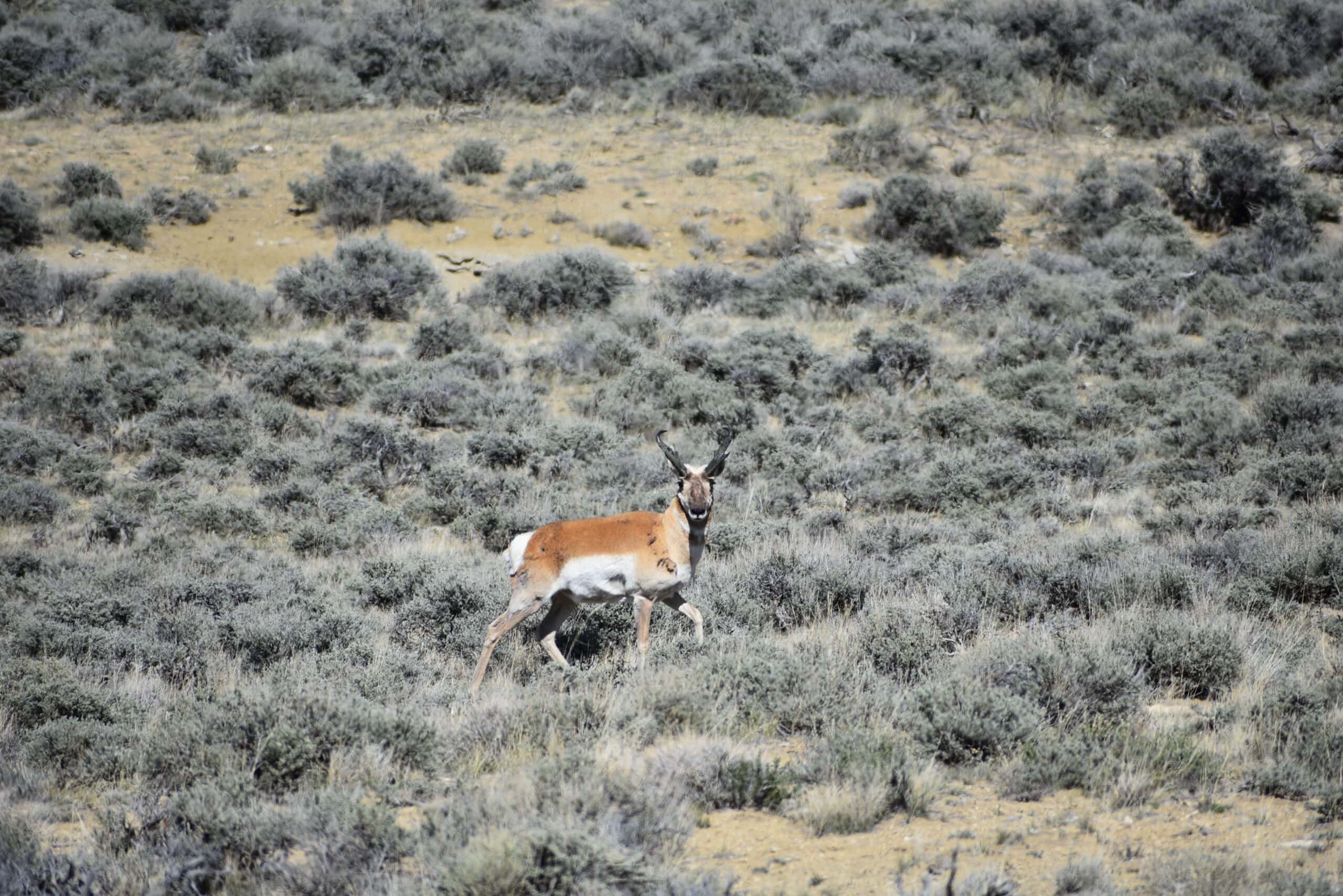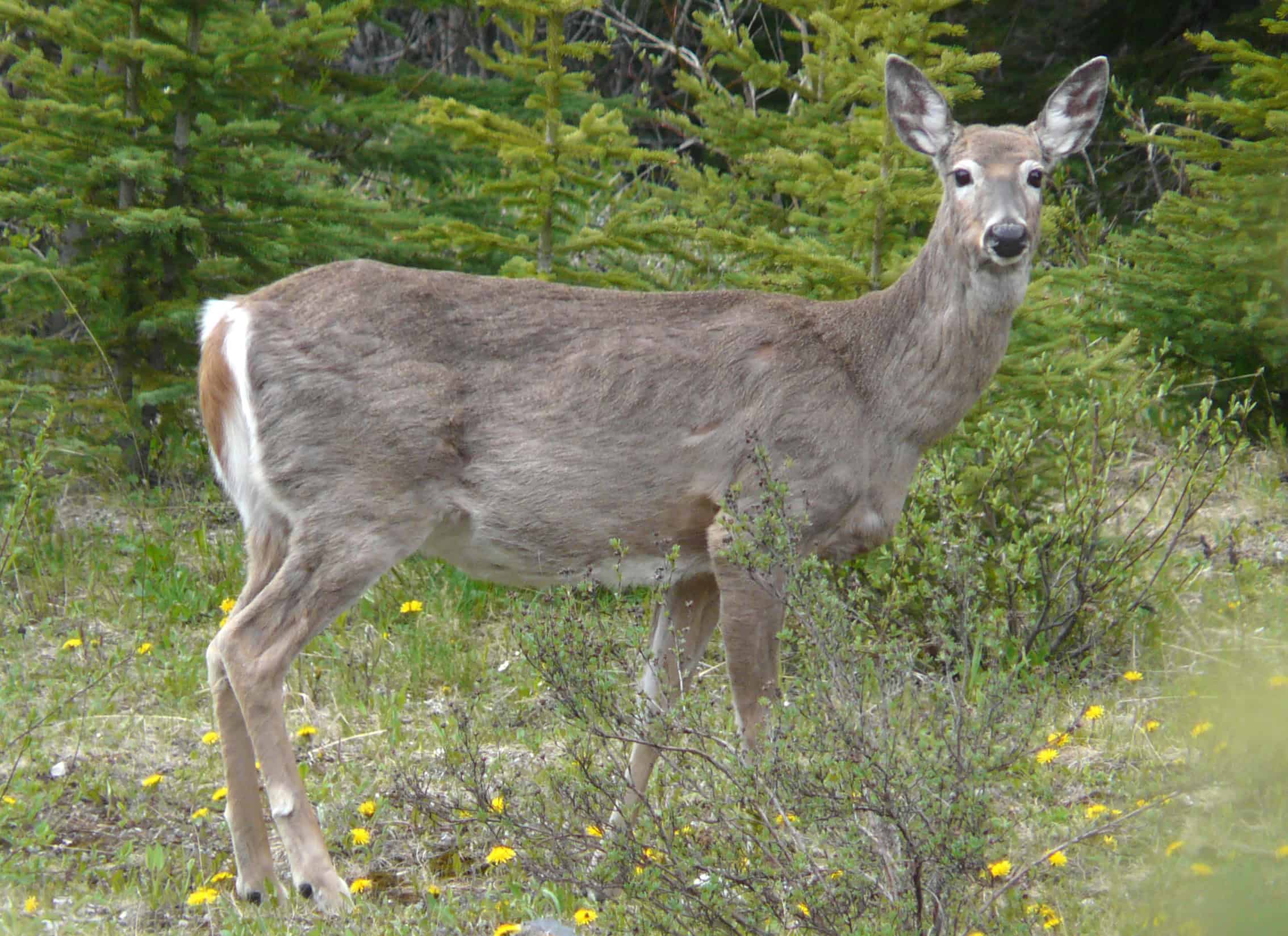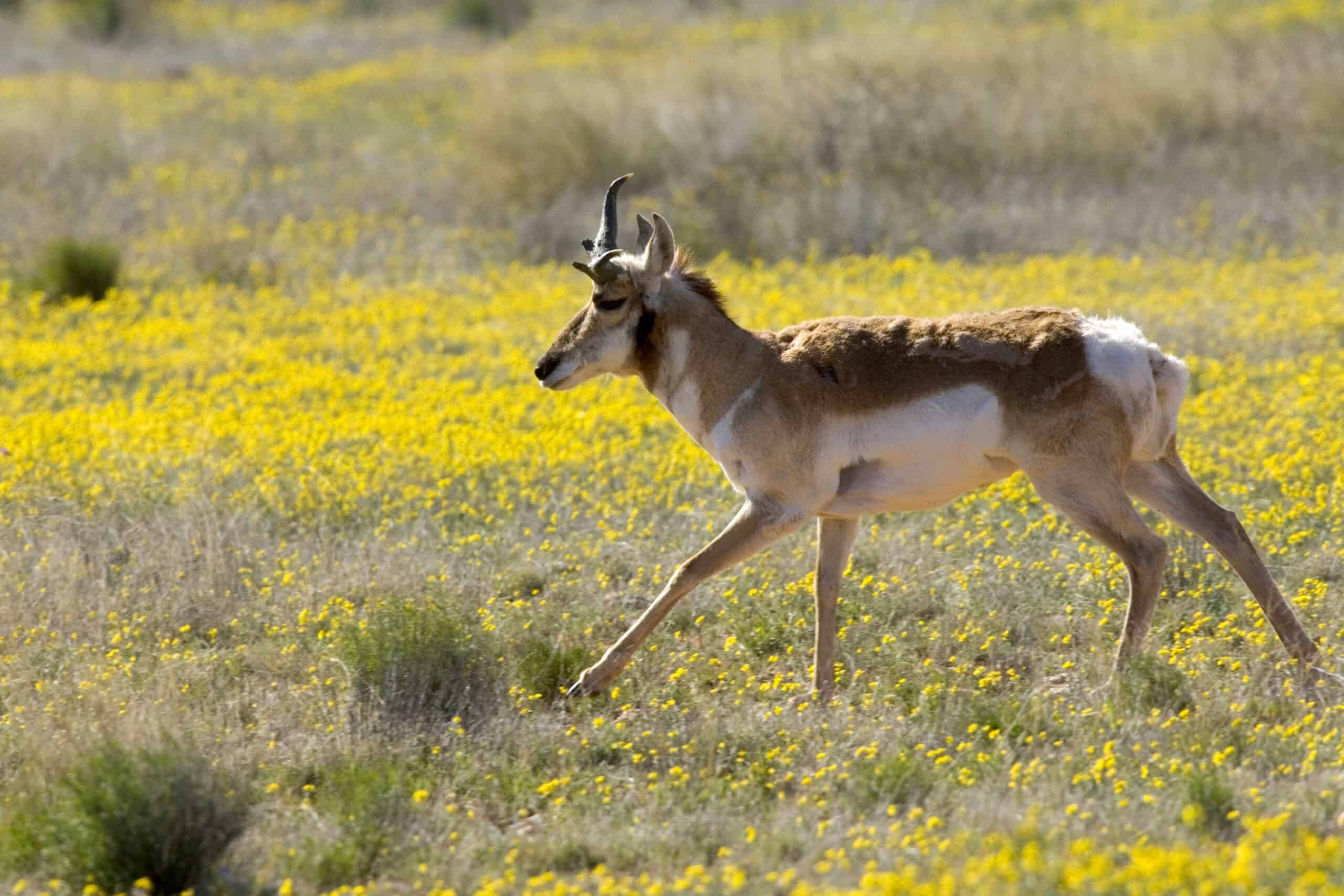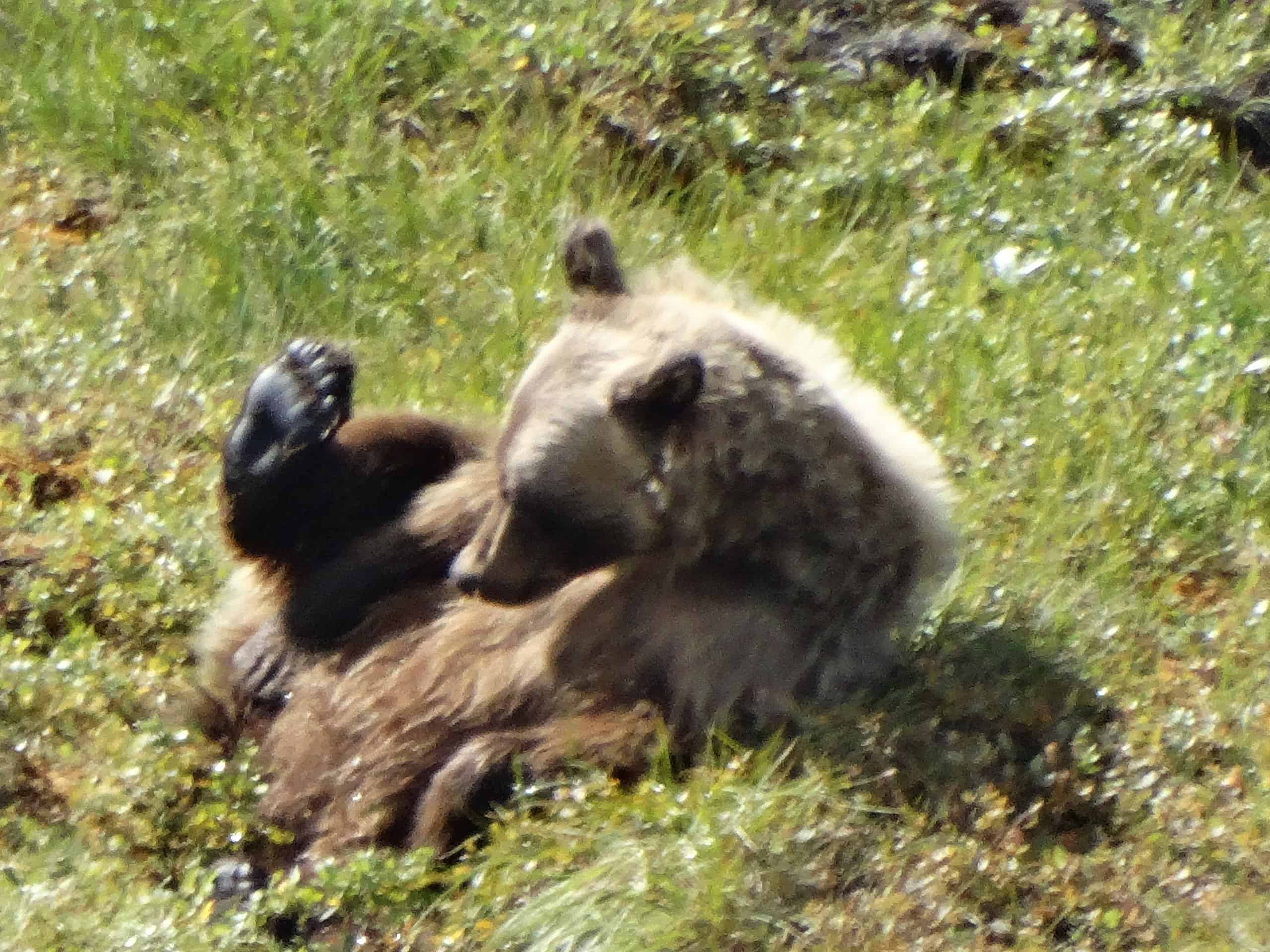Share this article
Wildlife Featured in this article
- Pronghorn
Oil and gas development, tree cover not good for pronghorn productivity
Ungulate productivity decreased with more trees, fossil fuel extraction in Wyoming
More than three decades of intensifying oil and gas extraction and an increase in forest cover have stymied pronghorn productivity in Wyoming.
“This stronghold of pronghorn in Wyoming does seem to be under threat from oil and gas production,” said Victoria Donovan, assistant professor of forest management at the University of Florida.
In a study published recently in Global Ecology and Conservation, Donovan and her team tapped into data on pronghorn (Antilocapra americana) productivity that the Wyoming Game and Fish Department gathered from 1984 to 2019. They then used remotely sensed vegetation cover, wildfire, road, climate, and oil and gas infrastructure location data to characterize ecosystem changes over this period.
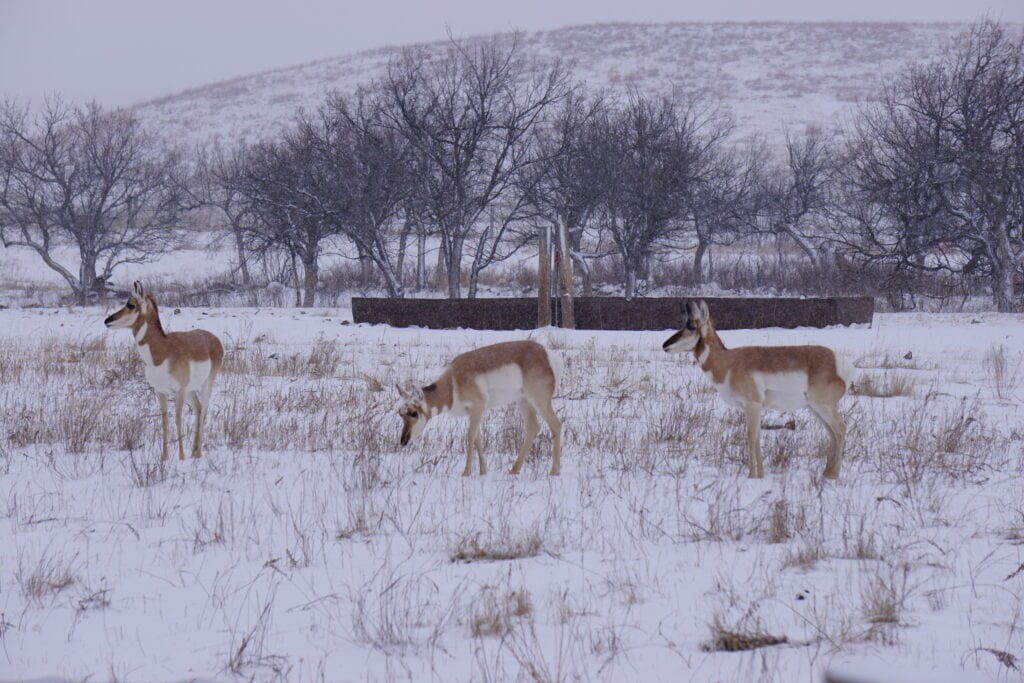
The researchers found that oil and gas wells had increased during this time. further, as this infrastructure increased on the landscape, pronghorn productivity decreased. Not only do well pads directly take up habitat for pronghorn, Donovan said, but infrastructure like roads and power lines used to reach them, or fences related to fossil fuel extraction, also contributes to habitat fragmentation.
While these findings may not be surprising, the researchers also found that oil and gas development wasn’t the only problem that pronghorn have been facing in recent decades. Tree cover proved detrimental to the ungulates’ success as well. By the later end of the data collection, tree cover increased across the majority of Wyoming’s 40 pronghorn herd units, but it wasn’t as high in the early years of the study.
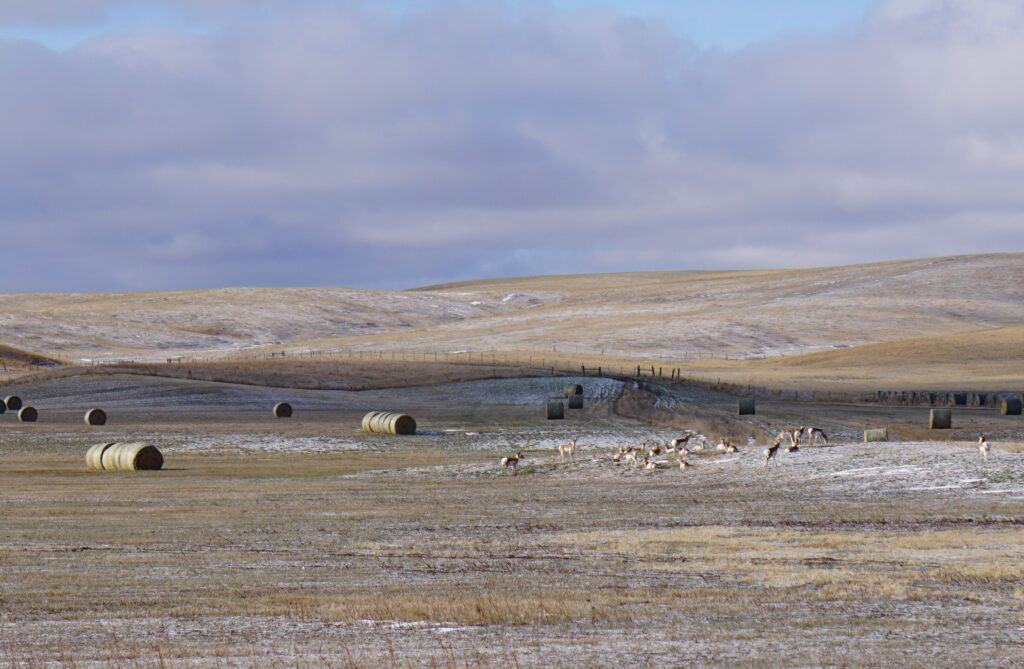
“Woody cover is still pretty low in Wyoming, but we’re seeing that it’s having an impact on pronghorn,” Donovan said.
Tree cover provides opportunities for predators like coyotes (Canis latrans) and cougars (Puma concolor) to ambush the ungulates or their fawns more easily. Tree cover might also affect the vegetation that pronghorn forage.
Since putting a stop to oil and gas development is unlikely, Donovan said this study reveals that controlling the increase in tree cover in Wyoming might be another way to improve pronghorn conservation. This could be done through cutting trees or prescribed fires, she said.
Header Image: Researchers tracked 35 years of pronghorn productivity in Wyoming. Credit: Jacob Hennig



